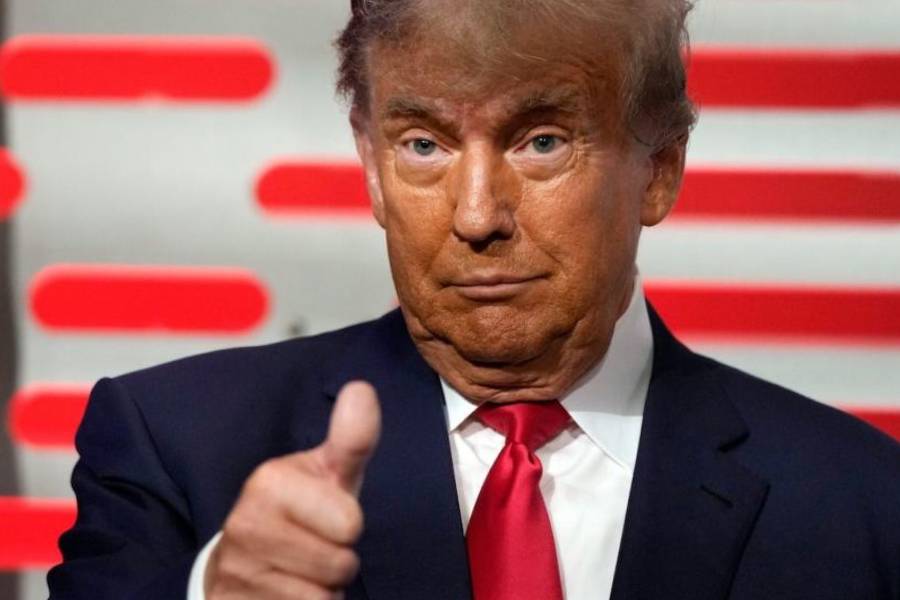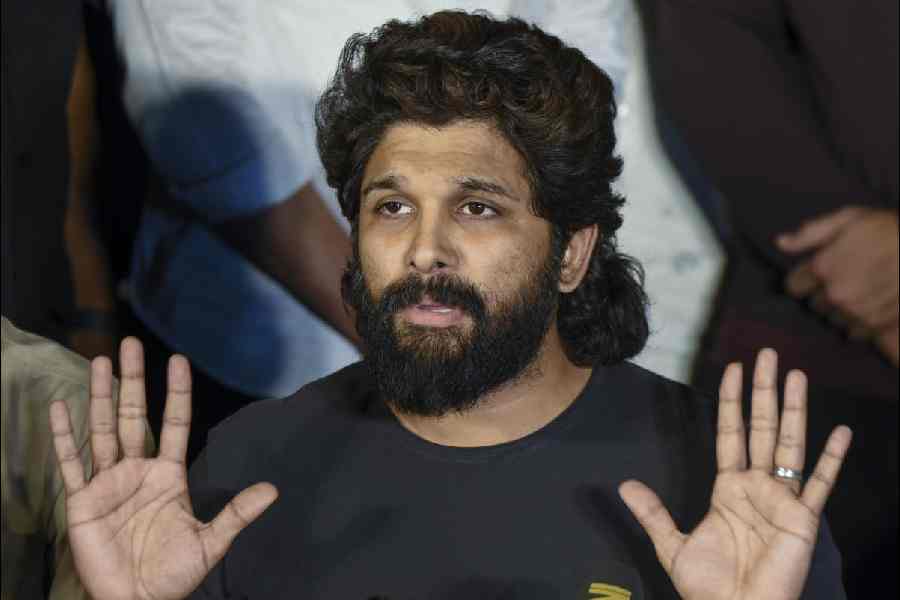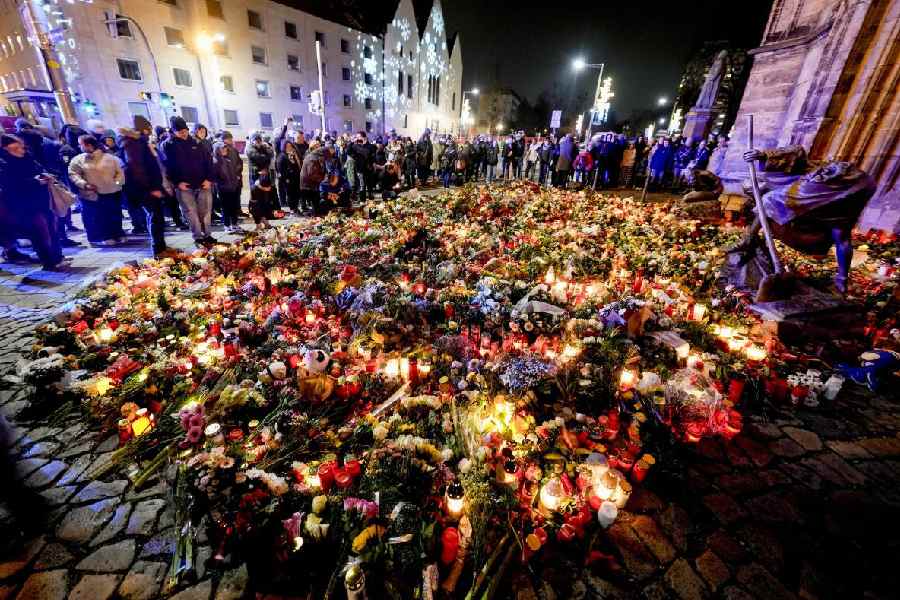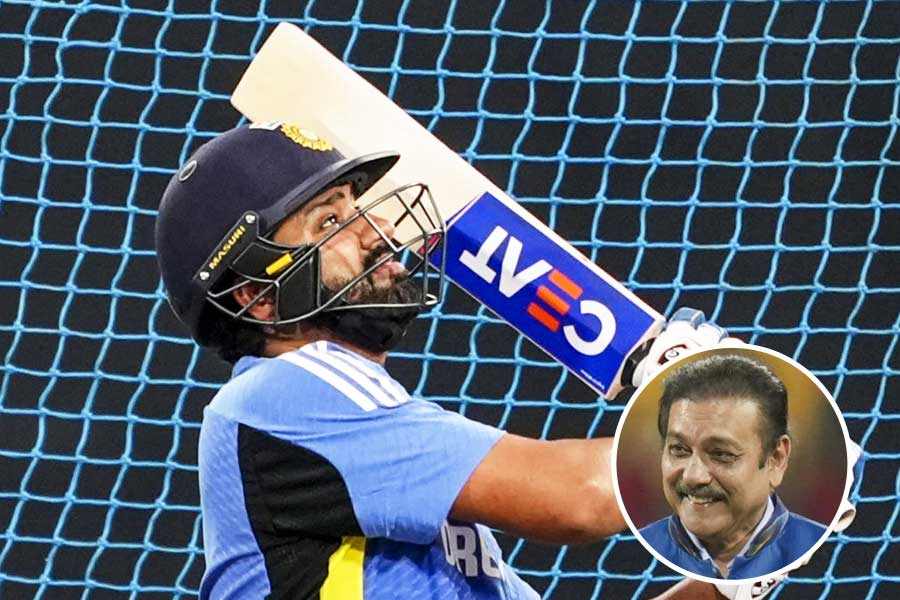The emphatic election of Donald Trump as the 47th president of the United States of America triggered — quite predictably — a liberal meltdown. However, it was not merely the global fraternity of the Woke and numerous champions of identity politics that went into deep mourning. Since 2016, as a mischievous writer in The Spectator put it, “journalists have taken it upon themselves to act as the sanctioned opposition to Trumpism.” As such, having settled smugly in the certitude that the enlightened majority of the world’s most significant democracy wasn’t going to endorse a candidate who pandered to the basest of emotions, their disorientation at having to eat crow yet again was a sight to treasure. Kamala Harris didn’t merely secure significantly less votes than Trump, she lost the war of ideas quite decisively. Like most normal voters in democracies, the US electorate let it be known that it cared more for grocery bills, the quality of their neighbourhood, and ordinary decencies than the unqualified right to abortion.
Harris stood for a brave new world shaped by the zealotry of those with a college education. On his part, Trump was the blue-collar billionaire, with his pulse on the enduring symbols of the American way of life and a promise to make America Great Again. In the 1980s, Ronald Reagan personified the simple patriotism of John Wayne. Trump didn’t have any worthwhile endorsements from Hollywood. He won the day with the quirkiest of trillionaires, Elon Musk, by his side and a podcaster’s endorsement to offset the unrequited hostility of The New York Times and other pillars of the so-called legacy media. Trump addressed the fears of the electorate in simple language; the Harris campaign spoke down to the people in an unfamiliar ‘word salad’ idiom. As much as a political tussle, it was a culture war that saw the triumph of the familiar over a bizarre new world.
In the run-up to the election, there was a belief in many circles that a narrow Trump victory in the electoral college would result in the deep State getting its own back and making a dog’s breakfast of the presidency. This was not because the Establishment in the Beltway, the campuses and coastal America loved Harris and the idea of a woman of colour resident in the White House. For them, this election was never about championing someone who became the Democratic Party candidate through a palace coup and whose shortcomings were never in much doubt. It was all about stopping the Trumpist disruption at all costs. Moreover, it was not merely liberal America that was alarmed at the prospect of another Trump term. There was a significant section of the Republican grandees for whom Trump was an unacceptable departure from the legacies of Presidents Eisenhower, Reagan and the Bush father and son. He is neither an old-style conservative nor even a neo-Con. Trump plays by his own set of rules.
It is the distinctiveness of the president-elect that is at the root of the global consternation over how the US of A will conduct itself over the next four years. Predictably, there has been a combination of bewilderment and anger over Trump’s selection of his cabinet. The media's irritation over the fact that in the main he has appointed men and women who are known to be his loyalists is unwarranted. Most occupants of the White House fill these posts with people they are familiar with and with whom they have worked earlier. However, since most earlier presidents arrived at their posts after serving in political positions either in Washington DC or in the states, their choices were either from the political world or from the academia. Trump, on the other hand, never held a political post before winning the presidency in 2016. His choices are naturally moulded by his personal experience.
It is not that Trump hasn’t chosen professional politicians. His choice of secretary of state, Marco Rubio, is a professional politician with roots in the Republican Party that are independent of Trump. Likewise, the likes of Tulsi Gabbard, Michael Waltz, Elise Stefanik, Kristi Noem, among others, have experience in Beltway politics. What has irked the Washington Establishment, however, is the fact that many of Trump’s choices are known for taking positions that break the mould. The sections that are particularly apprehensive of a Trump presidency are the permanent bureaucracy (including members of the foreign service), the military top brass, and a section of the intelligence community.
The wariness stems only nominally from the cuts in government expenditure that the new department under Elon Musk and Vivek Ramaswamy is likely to propose. The real fear stems from the possible curtailment of functional autonomy that, say, wings of the state department or even the Pentagon enjoyed. In the normal course, bureaucratic guile and the maze of officialdom should have led to avowed reformers tempering their goals and falling in line with the prevailing consensus. The fear is that Trump — not having another election to fight in 2029 — will assume the role of a blessed bulldozer. This explains why his critics are on an overdrive to try and embarrass his radical appointees in the run-up to the Senate confirmation hearings and the formal transfer of power in late January next year.
Privately, many in the circles around Republican senators and members of Congress believe that confirmation should be denied to the likes of Gabbard, Matt Gaetz and the former TV presenter, Pete Hegseth. The possibility exists. However, there is a recognition on Capitol Hill that the Republican majority in both Houses is a direct offshoot of the electorate’s endorsement of Trump in the presidential election. The likelihood of the Republic majority crossing swords with a president riding the crest of his popularity seems unlikely as of now.
The fears of Trump seemingly doing the impossible is causing sleepless nights not merely in Washington DC. The European Union is nervous that Trump will coerce Ukraine and Russia into a ceasefire that will give Vladimir Putin some much-needed breathing space. At the same time, while the Palestinian camp has reasons to fear Trump’s intervention, Israel isn’t totally sure that Trump will not propel the establishment of a Palestinian State as the price Israel must pay to secure a wider Arab recognition of its assured existence. Likewise, China is confused over Trump’s bluster: is it just his bark or does he have the capacity to bite?
Trump hasn’t even begun his second innings. But already he has thrown the whole world into a complete tizzy.










